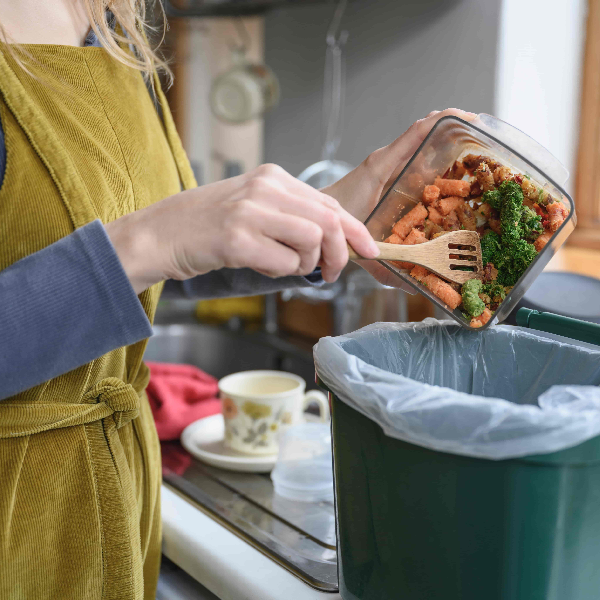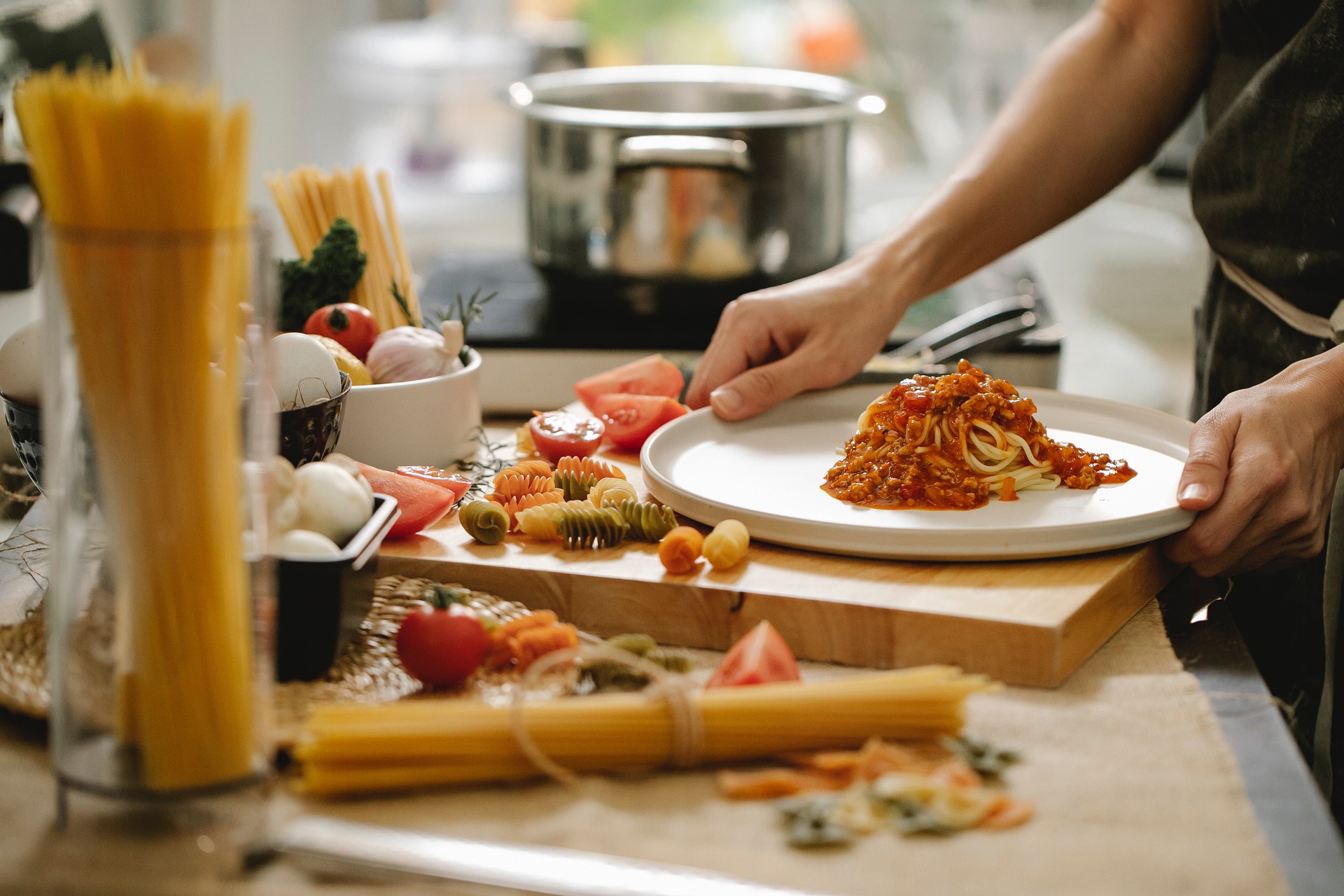
Whisky Project will maximise value of Scotland’s national drink
Whisky is one of Scotland’s most famous and profitable exports. But for every bottle of the ‘nectar of the gods’ made, there are some rather less well-known side products.
These include draff, the husk residue left from fermentation, and pot ale, the liquid remaining after the first distillation. While not as celebrated as the whisky, these products have a value that all too often goes unrealised.
That’s something that The Whisky Project is looking to change. The project, which is co-funded by Zero Waste Scotland, is led by the Industrial Biotechnology Innovation Centre (IBioIC), with additional support from the Scotch Whisky Research Institute (SWRI), the industry’s leading research organisation.
Iain Gulland, chief executive, Zero Waste Scotland said: “Finding increased value from the materials and by-products we already have is a key principle of the circular economy. The organisations involved in the Whisky Project are innovative and forward thinking, and show how we can do so much more by thinking differently. It is fantastic that we can use such an iconic Scottish product to lead the way in developing a way of working that could act as an inspiration for industries all over the globe. The greatest impact we can have in reducing our carbon footprint is reducing the volume of material we consume, and biobased products could play a significant role in achieving this.”
Mark Bustard, CEO, IBioIC, said: “This is an exciting new project with serious potential to create high value biobased products from a low value co-product. We are driving support for the growth of the bioeconomy, and this is a tremendous example of how we can add significant benefit with a circular approach to co-products. The whisky co-product valorisation project will demonstrate how innovation through collaboration can lead to a high value, commercial and environmental result. Through integrating bioprocessing with business operational processes, we can create sustainable products and reduce overall waste as we work towards achieving Scotland’s green ambition to be net zero by 2045.”
Three companies, Horizon Proteins, MiAlgae and BioPower Technologies, will work with IBioIC to explore further ways to extract maximum value from whisky production.
MiAlgae, Horizon Proteins and BioPower Technologies will each have access to IBioIC’s FlexBio laboratory facilities at Heriot Watt University to integrate, test, refine and evaluate commercial processes of extracting proteins and carbohydrates to maximise the value from using the same feedstock for each. FlexBio scientists will also support the companies with their work and SWRI will provide anonymised whisky co-product samples from distilleries to support the processes and trials.
Commenting on the project, James Brosnan, Director, at SWRI said: “This project will help the Scotch Whisky Industry to achieve its sustainability goals by providing practical, economically viable end-uses for co-products. We particularly like how the project brings together Horizon Proteins, MiAlgae and Biopower, who individually have already demonstrated the potential of their respective technologies to the whisky sector, to work together to find mutually beneficial, integrated solutions.”
The project builds on work previously undertaken by Zero Waste Scotland to establish the circular economy potential of the whisky industry.






